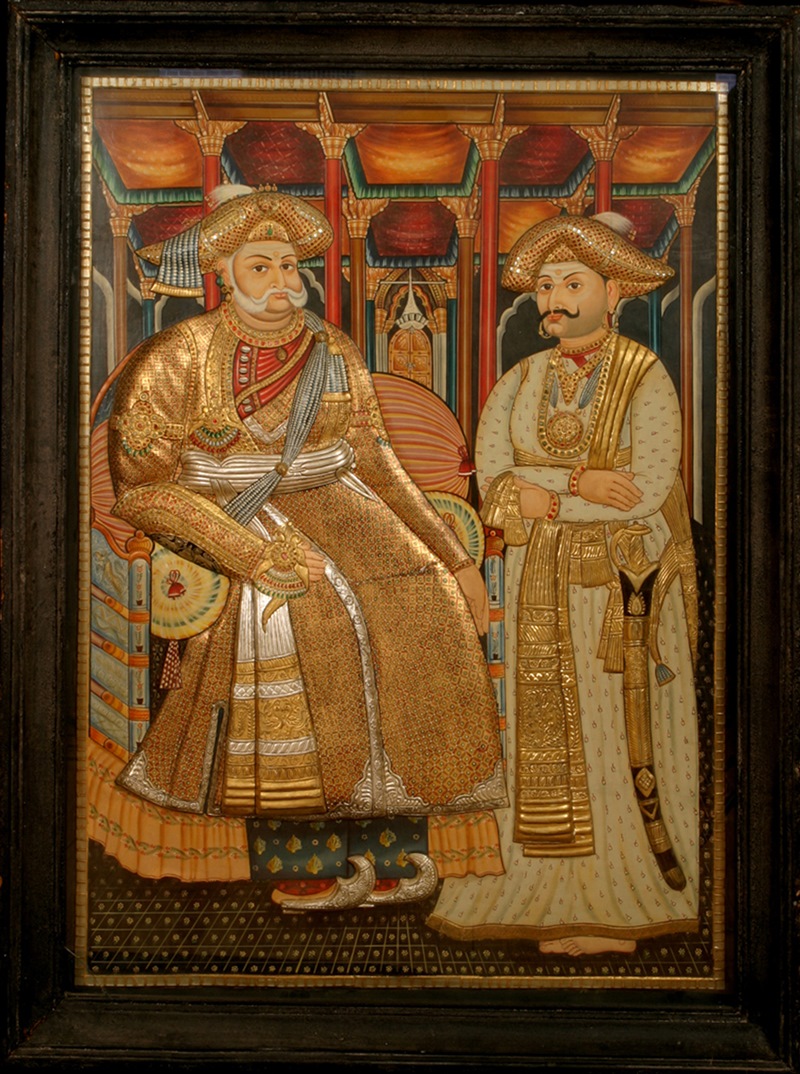
The Peabody Essex Museum has become the latest institution to surrender artworks purchased from New York dealer Subhash Kapoor, who is awaiting trial in India on smuggling charges.
Located in Salem, Massachusetts, the Peabody Essex turned over a mid-19th-century portrait, Maharaja Serfoji II of Tanjavur and his Son Shivaji II, from the state of Tamil Nadu, which it purchased in 2006. The painting, which deploys gold leaf in a sumptuous image of Serfoji II (1777-1832), is now in the hands of Homeland Security Investigations. Kapoor allegedly falsified the work’s provenance; a press representative for the museum said further information couldn’t be revealed because of the pending trial.
Museums from Canberra, Australia, to Toledo, Ohio, have repatriated works allegedly smuggled out of India by Kapoor (see Honolulu Museum Returns Indian Antiquities Looted by Disgraced Dealer Subhash Kapoor, Australian PM Tony Abbott Returns Stolen Statues to India and Toledo Museum of Art Returns Stolen Statue to India).
“They go in under the cover of darkness with trucks and tools,” Homeland Security’s James Dinkins told CNBC in 2014, describing the smuggling ring’s looting of antiquities. “Sometimes it’s actually during the excavation process itself, when they’re discovering them, before the world even knows they found them.”
“The allegations of Subhash Kapoor’s art trafficking bring to light a nefarious ring of fraud, the discovery of which has sent shock waves through the art community,” said Dan Monroe, director and CEO, in a statement. “PEM has undertaken a rigorous internal assessment of its collection and is working in full cooperation with the Department of Homeland Security.”
Monroe told the Boston Globe that the museum had paid $35,000 for the painting.
The 216-year-old Peabody Essex Museum claims the most important collection outside India of Indian art from colonial times to the present. Its holdings span American art and architecture, Asian art, photography, maritime art, and Native American, Oceanic, and African art.